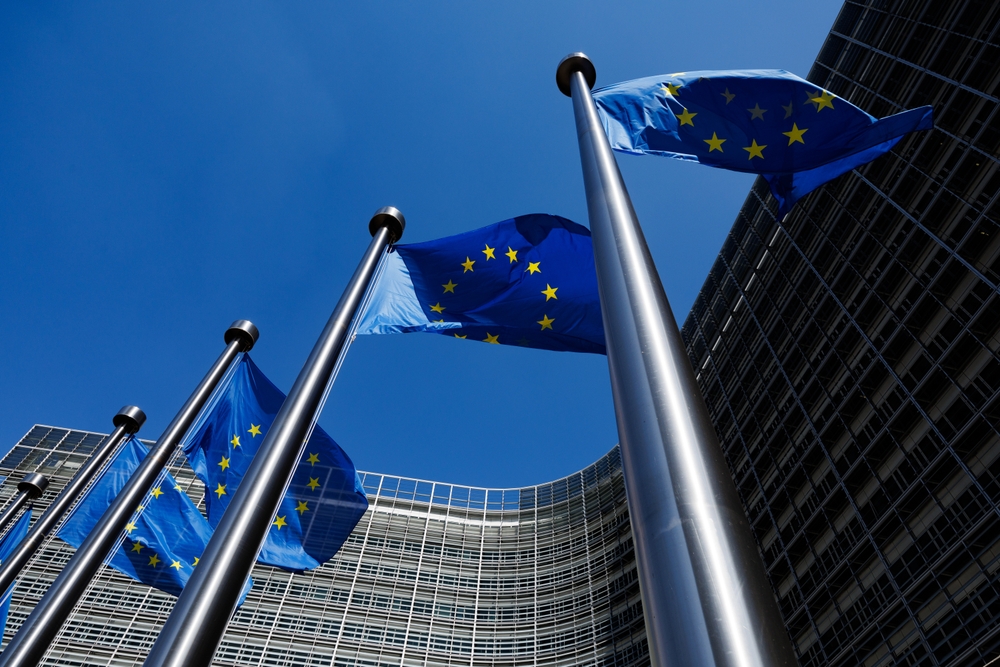
The European Union has taken a significant step in regulating general-purpose AI (GPAI) models with the publication of its first draft Code of Practice. Released on Thursday, the draft offers detailed guidance on managing risks, ensuring compliance, and avoiding penalties for companies creating powerful AI models. Stakeholders have until November 28 to provide feedback, with finalized rules expected by May 1, 2025.
Transparency, Copyright, and Accountability Take Center Stage
The 36-page document outlines critical areas for AI developers, including transparency, copyright protection, risk mitigation, and governance. Notably, AI companies will need to disclose information about the web crawlers used to train their models, addressing long-standing concerns from creators and copyright holders. This push for transparency aims to make AI systems more accountable and less opaque in their operations.
Risk Management and Safety Frameworks
The draft emphasizes the adoption of a Safety and Security Framework (SSF), requiring developers to outline their risk management strategies in proportion to their models’ potential impact. Companies must safeguard data, provide robust access controls, and regularly reassess the effectiveness of their systems to prevent risks such as discrimination, cyber offenses, and loss of control over AI systems.
Who’s Affected and What’s at Stake?
GPAI models with a computing power exceeding 10²⁵ FLOPs, including those from OpenAI, Google, Meta, and Anthropic, are likely to be regulated under this framework. Companies failing to meet the EU’s requirements face severe penalties of up to €35 million ($36.8 million) or 7% of their global annual revenue, whichever is higher.
Feedback and Future Refinements
The draft’s release is part of a broader effort to create an adaptive and responsive regulatory framework. Stakeholders can submit feedback via the Futurium platform until November 28, providing valuable input to refine the rules. These guidelines aim to balance innovation with safety, fostering responsible AI development across Europe and beyond.
For more details, visit the full article on Engadget.

 Get in Touch
Get in Touch 


